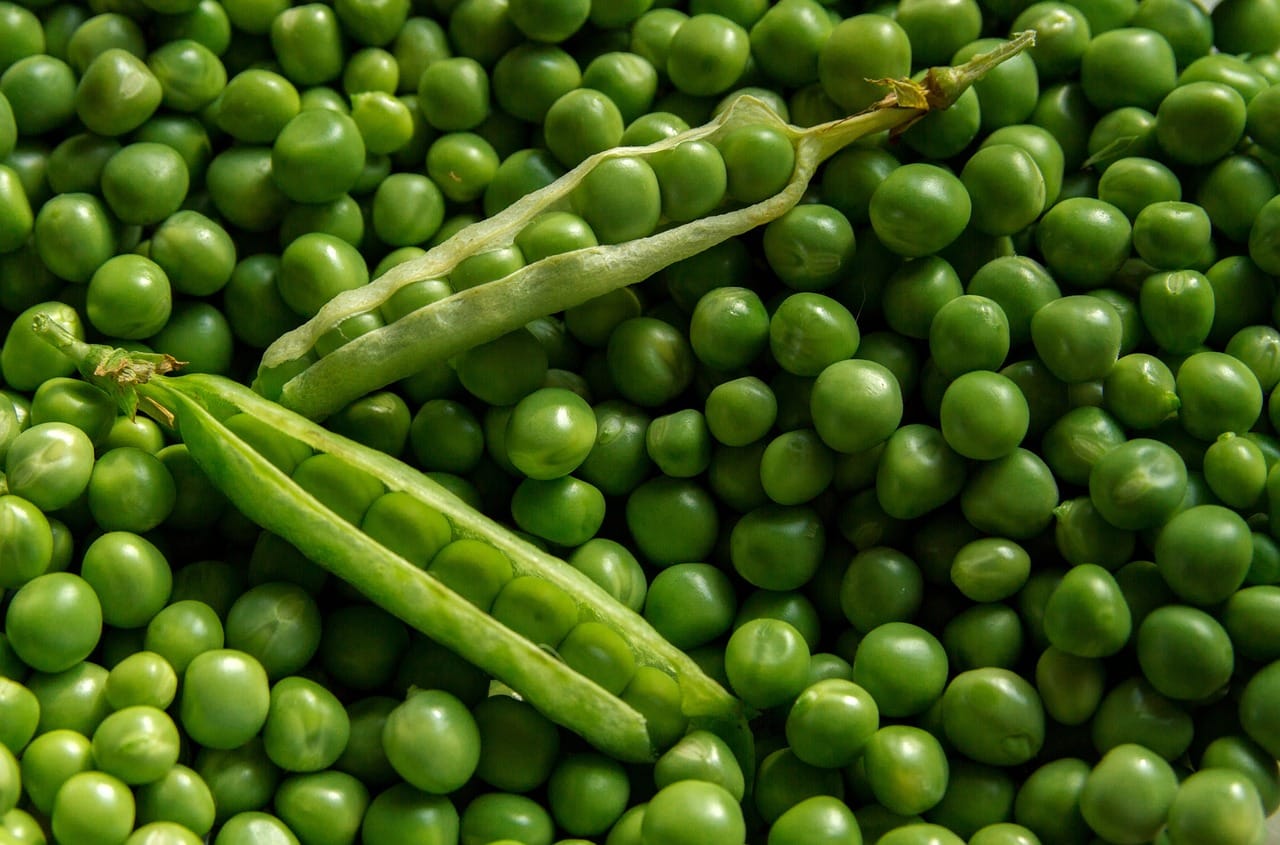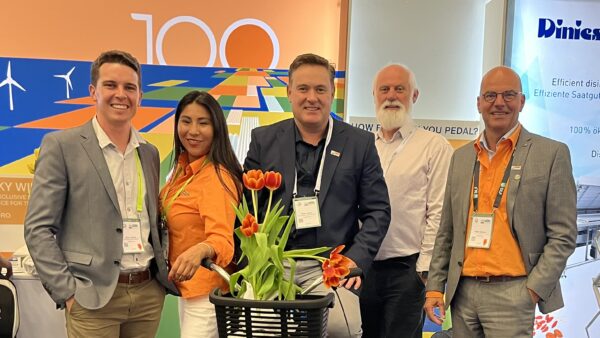The United Kingdom will be reducing the need for soybean imports through a £1 million Innovate UK project to use pea protein instead, according to a release.
Germinal, a grass and forage seed specialists, and seed breeders, are collaborating on the ‘Pea Protein’ project using research done by John Innes Centre scientists 30 years ago. The gene that makes flavourless peas was identified in the 1990s by a group of scientists, which included Professor Claire Domoney. The research was discontinued as there was no use for it at the time.
“The world has changed,” said Domoney. “People increasingly want plant-based protein in their diets rather than from animals. So flavourless peas have suddenly become flavour of the day.”
Every year the UK imports around four million tonnes of soybeans to be used in human and animal feeds. Of that, half a million tonnes is used for vegan and vegetarian foods, according to Innovate UK.
Germinal is looking to produce a reliable protein source that is grown in the UK to replace soybeans in human food. Pea protein could be a solution to this as they’re suited to the UK’s climate and provide other benefits such as improving soil health.
Germinal Horizon, the company’s research and innovation division, is collaborating with the John Innes Centre, IBERS and PGRO to work on the project. The project is currently facing the challenges of “the urgent need to replace soy with UK protein crops; meeting market demand for taste and functionality; and growing a soya protein alternative sustainably,” according to the release.
“Finding a sustainable alternative to soya is a priority for the food industry,” said Paul Billings, managing director of Germinal UK and Ireland. “Protein crops such as peas are ideal for the UK climate but one of our challenges is their flavour profile in human food. Pea flavours are undesirable for consumers in processed food, so the goal is to produce peas that are tasteless but retain nutritional value. The gene for flavourless peas was first identified in the 1990s by scientists at the John Innes Centre in Norwich.”
“This exciting breeding program will use innovative research in pea genetics to develop new varieties without the traditionally associated problems. This funding continues to drive our innovation journey alongside award winning Aber High Sugar grasses that can reduce emissions from ruminant grazing animals and a world first hybrid clover that is resilient and resource efficient,” added Billings.
Funding for the program is partially coming from Defra via Innovate UK, part of UK Research and Innovation (UKRI), as part of the Farming Innovation Pathway. The project is also looking to provide farmers with new economic opportunities by growing the peas.
Farm level testing will be done to ensure only varieties commercially progressed to meet market demands and the needs of the farmers will be used. The project looks to benefit the environment and the consumer.













